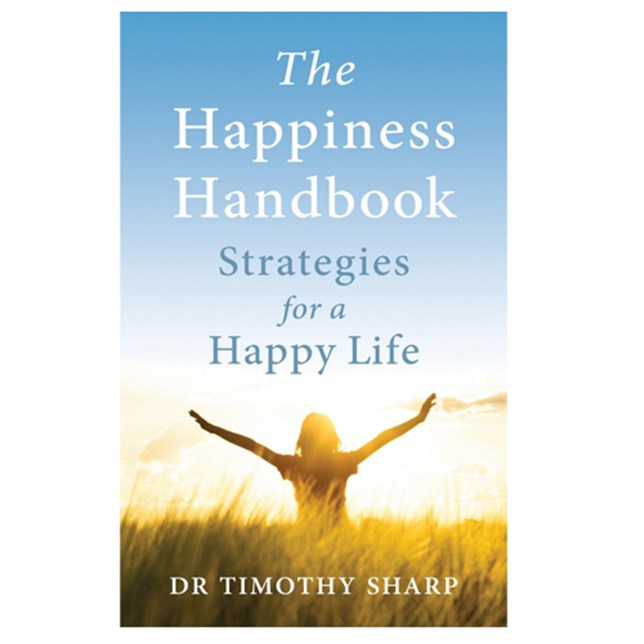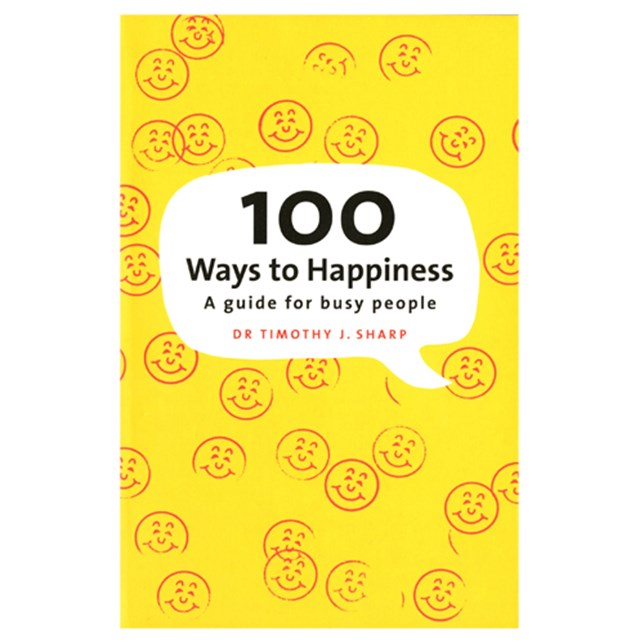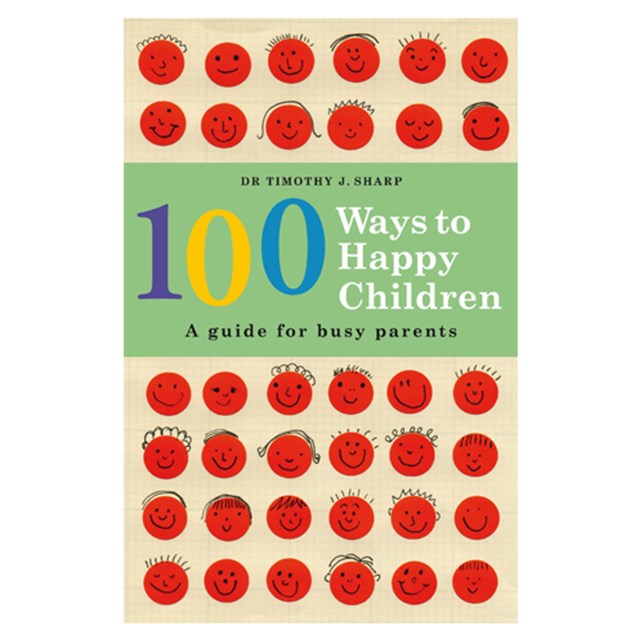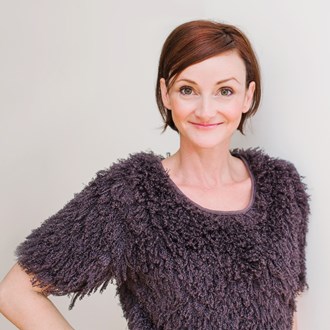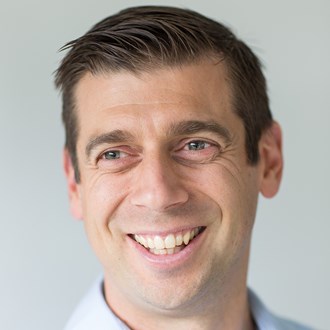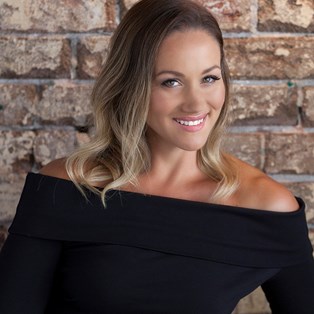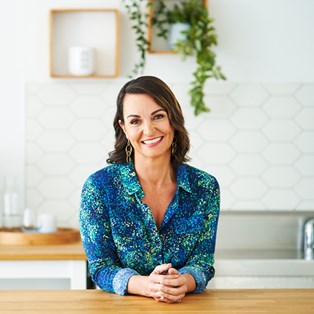Practical Parenting expert: Dr Tim Sharp
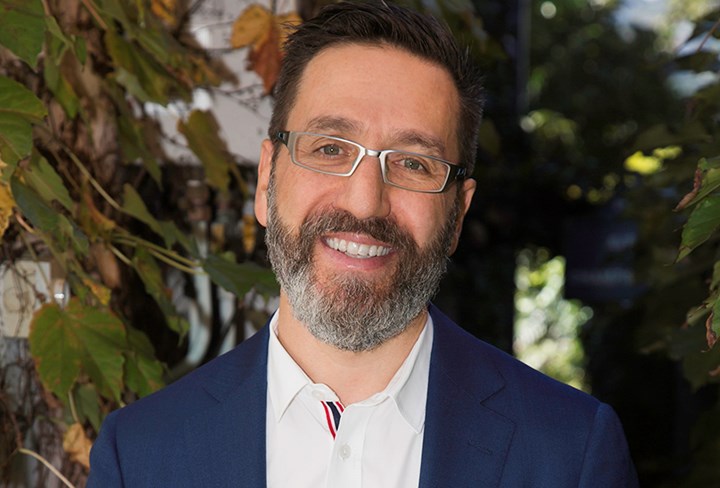
Dr Tim Sharp is Australia’s very own Dr Happy, at the forefront of the positive psychology movement and founder of The Happiness Institute. A psychologist he has written a number of books including ‘100 Ways to Happy Children: a guide for busy parents’
By Practical Parenting Team
July 11 2018
A sought after public speaker, best-selling author and a regular on Australian and International TV, Dr Happy is widely regarded as a leader in mental health and the authority on all things happiness in Australia.
With three degrees in psychology (including a Ph.D.) and an impressive record as an academic, clinician and coach, Dr Happy is a passionate professional with a wealth of experience both on the field and in the media.
Actively involved in research, education and practice, he is the founder and CHO (Chief Happiness Officer) of The Happiness Institute, Australia’s first and now largest organisation devoted solely to enhancing happiness in individuals, families and organisations.
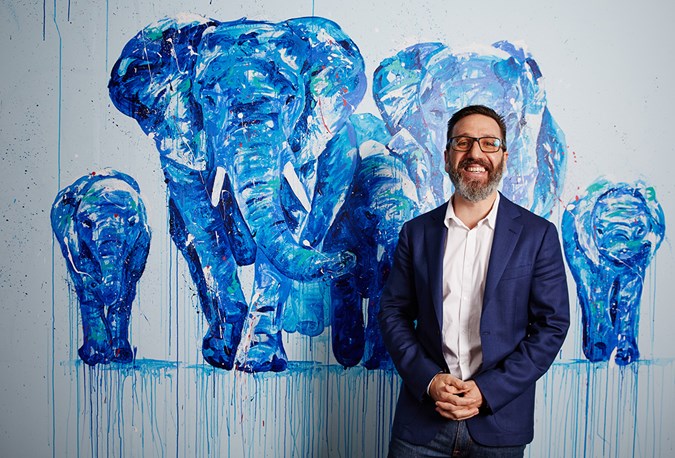
Q. Your profession: What drew you to this area?
A. To be perfectly honest, when I left high school I had no idea what I wanted to do but psychology sounded vaguely interesting! Years later, as I progressed through an Honours Degree and then a Masters Degree and eventually a PhD, I realised that I was fascinated by what made people do what they do AND passionate about helping them be the best they could be.
Q. Tell us about The Happiness Institute
A. My early career was relatively traditional, working as a Clinical and Academic Psychologist. I conducted research, taught, and provided therapy to those who were stressed, depressed and anxious. In the early 2000’s, however, I discovered the beginnings of what came to be known as Positive Psychology and I was hooked! I set up The Happiness Institute to promote the principles of Positive Psychology and to help as many people as possible live their best lives.
Q. What do you love most about what you do?
A. Every day is interesting and exciting and every day, in some small way, I feel like I’m making a positive difference in at least one person’s world.
Q. Families go through ups and downs. What advice do you have?
A. Play the long game! Even the most difficult periods eventually pass. So if you have clear values, and can maintain perspective, then do the best you can and reassure yourself that the best you can do is all you can do. It is important to note that none of us are “perfect” parents. What we can be, however, is “good enough” parents.
Q. Why is it important to you to speak to families about enhancing happiness?
A. Because positive values drive positive behaviours which then, in turn, create positive emotions and healthy, happy lives! Positive emotions are important but so too are meaning and purpose, physical health and wellbeing, resilience, good quality relationships and knowing that we’re all part of something much bigger than our individual lives.
Q. What are your thoughts on bullying?
A. On the one hand we know that bullying has been an issue for many, many years so we can assume that to some extent, it’s a normal part of social interactions, especially among teenagers. At the same time, there’s a point when bullying behaviour is totally unacceptable and can be very damaging to all involved. We need to accept it’s likely to happen (to some extent) but do all we can to educate all involved (those who’re bullying, those who’re bullied AND those who silently observe without intervening)
Q. What should parents do if their child is being bullied?
A. It’s important to look for warning signs (like social withdrawal, mood changes, or a dip in academic performance) and take action sooner rather than later. Parents should talk to their children about it from an early age; because if their kids are not bullies or being bullied, then at the least they’ll be observers. And the research clearly indicates that if we can help those observing take action, rather than passively watching, troublesome situations can be minimised more effectively.
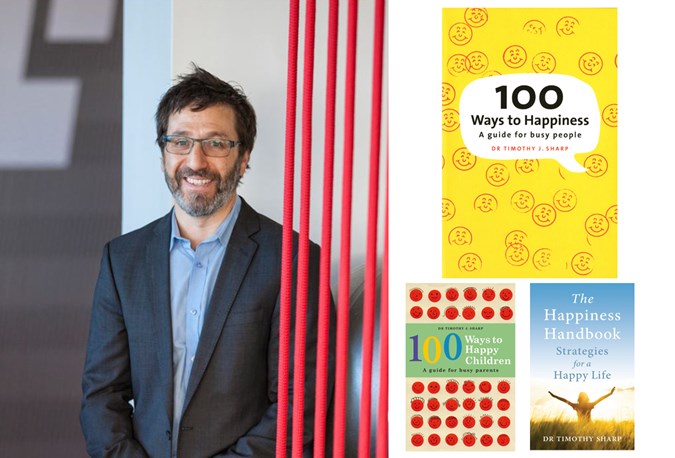
Q. What are you most passionate about?
A. Happiness, thriving, flourishing. Mental ill-health – depression, anxiety, stress (and smashing the stigma associated with these). Acceptance, self-compassion, vulnerability
Q. What does your life look like when you’re not working?
A. I’m married with two teenage children! I take care of myself with lots of exercise and meditation and my favourite hobbies are reading and listening to music. I love to walk (preferably in the bush) and eat!
Q. What are you most proud of in your working life?
A. At the risk of sounding immodest, I would say largely introducing Positive Psychology to Australia and leading the way here for many years. Also working closely with www.batyr.com.au, a youth mental health organisation devoted to smashing the stigma associated with mental ill health and speaking up personally about my own struggles with depression to break down the negative perceptions often associated with those who suffer mental ill-health
BOOKS
As best-selling author of a number of books including ‘The Good Sleep Guide’, ‘The Happiness Handbook’, ‘100 Ways to Happiness: a guide for busy people’, ‘100 Ways to Happy Children: a guide for busy parents’ and ‘Live Happier, Live Longer – your guide to positive ageing’; his work has been seen and read by millions of people.
Follow Dr Tim Sharp
Web: drhappy.com.au Facebook: The Happiness Institute Twitter: DrHappy
Instagram: thehappinessinstitute

